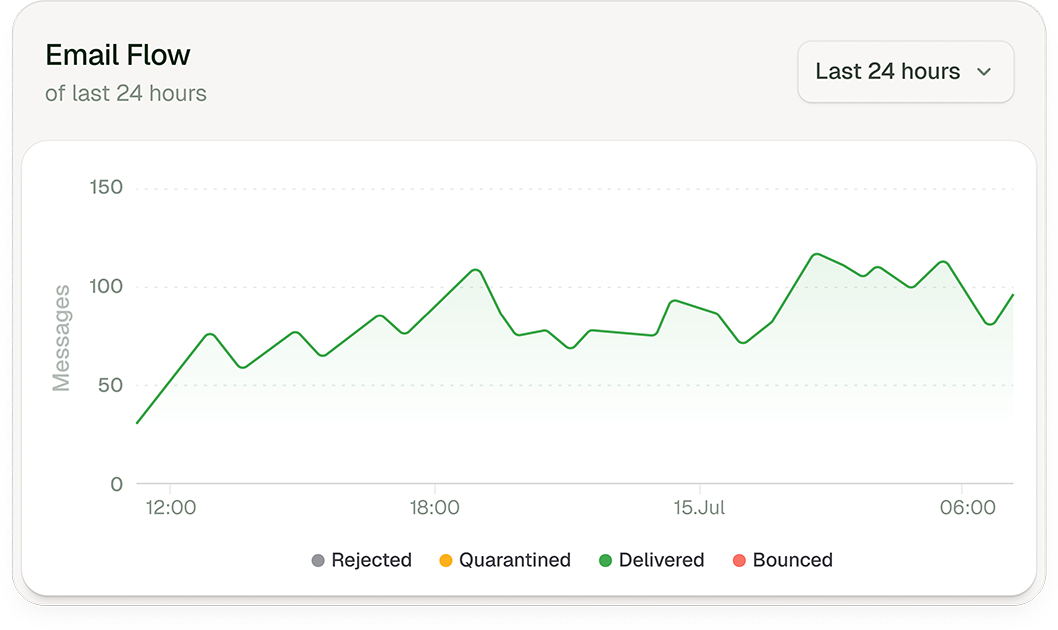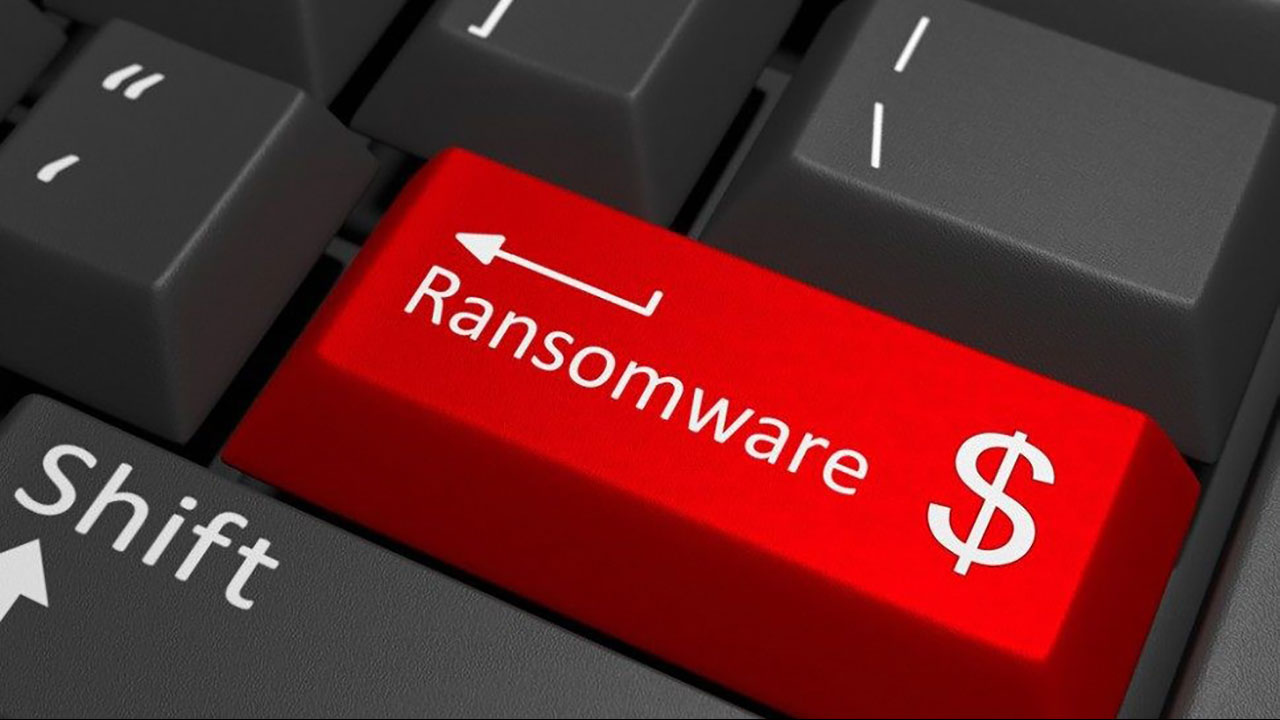Cyber criminals are always looking for new ways to gain access to an organization’s network. Years ago, it was SQL Injection attacks. More recently, the industry has been plagued with remote desktop-based attacks. And there is, of course, one attack vector that consistently presents the biggest potential risk to your business: email.
Ransomware, phishing, and business email compromise (BEC) are amongst the most common causes of data breaches. As email traffic and the availability of online data continue to rapidly increase, so does the risk of attacks, which are becoming more sophisticated. The use of advanced digital technologies – such as artificial intelligence (AI) and ‘deep fake’ audio and video – is increasing.
“Business email compromise (BEC) attacks have been on the rise… Typically criminals will use phishing emails and social engineering to steal user credentials or trick an employee to make an unauthorized transfer of funds.
BEC is attractive to criminals because they can achieve a big payoff for a relatively low investment of time and resources.”
Cyber: the changing threat landscape – Allianz Global Corporate and Specialty, October 2022
Email security testing is essential
If you are among the lucky minority that hasn’t seen an attack recently, don’t assume that your email security is just fine. Many IT security professionals assume their email security is performing reasonably well, until a user reports receiving a phishing email, or the security incident and event management (SIEM) solution shows that there has been a network breach. By then, it’s too late.
There are an incredible number of ways that bad actors can steal personal information or install malware through an email message: attachments, links, scripts, tracking bugs, macro-enabled Office documents, macro-less documents, PDFs or viruses. The list goes on, and is being added to all the time.
Test, test and test again
Libraesva’s free email security test will test your email security, and discover where there may be gaps in your defences. Once you know where they are you can do something about them (infinitely preferable to allowing someone else to exploit them).
- The pen test checks whether your email server is correctly configured to stop the latest common threats.
- It’s completely safe, and there’s no client integration or installation required.
- It sends 16 of the most common email threats that should be picked up by any credible email security solution (they have all been disarmed, so they are safe to receive, but will behave as if they are malicious).
- Your security product should block, disarm or disinfect all samples sent to you.
- If some test emails reach your inbox, read the email description to discover if and how the message has been disarmed.
- After the test is complete, you can review your results and understand if you’re safe or if you could be the victim of a future attack.
Then make a note in your schedule to come back and do it again. On a regular basis. As email security specialists, we’re constantly updating this testing tool to ensure it incorporates the latest attack techniques – in the same way that you’d expect your antivirus provider to keep up to date.
The Libraesva free email security test is non-intrusive and private, and will not disrupt operations. So feel free to use it with confidence, and with no obligation.
You’re welcome!
Ready to find out more about Libraesva email security solutions?
Talk to us or set up your own free trial now.









